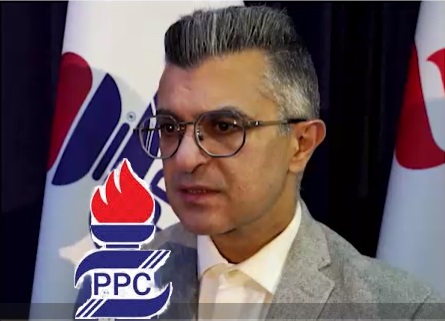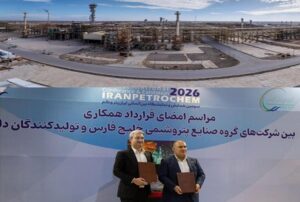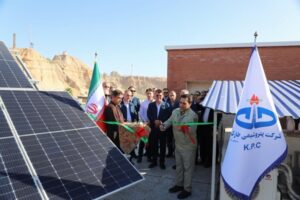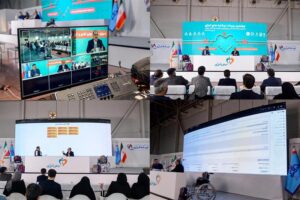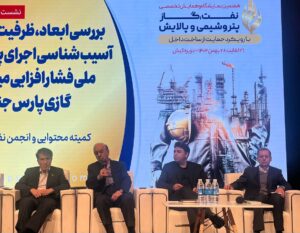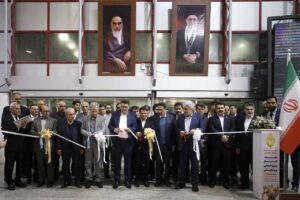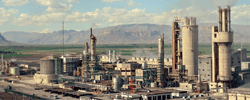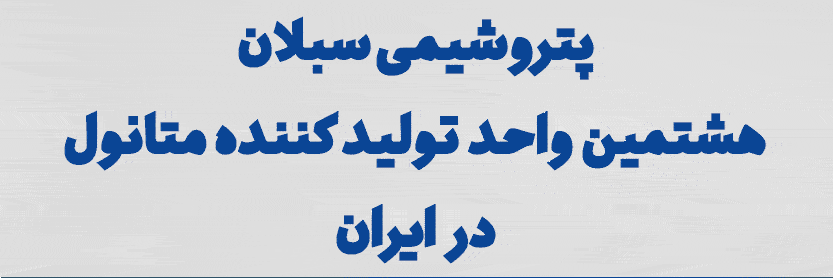Mohammad Reza Miri Lavasani, the CEO of Pardis Petrochemical, has referred to the impact of increased overhead costs, such as feed and utility, on the company’s profit margin despite the company’s record production and exports in the fiscal year 1403(September 2023-September 2024). He said the trend of increasing feed and utility rates has caused Shapdis’ profit to decrease, considering all the increase in production and even the trend that it is using CIF, whose cost is $40 less than FOB. He said last year this ratio was 70% CIF to 30% FOB, and this year it has reached 48% FOB compared to 52% CIF. In practice, the company still could not compensate for the decrease in profit due to the 18% drop in urea prices in the world market in dollar terms, and its profitability margin has reached about 19.3 thousand billion tomans. Meanwhile, the increase in production and the records registered in the country belong to Pardis Petrochemical, which has been able to record its performance as the most profitable petrochemical company in the country in the last fiscal year, which can be fully traced in codal.
Regarding the company’s change in export strategy from CFR/CIF to FOB, Miri Lavasani said considering the country’s sanctions, FOB exports are very important for the company in terms of security and receiving the money in cash at the beginning. However, in CFR, the company makes financial transfers abroad through companies affiliated with Ghadir Investment Group and Pardis itself, and there is a 2.5-month period for financial transfers. So, this is the first problem the company faces in the CFR sales department.
He said in the FOB sales segment, however, the company actually receives its money in cash, and this also improves the company’s cash flow. But the problem with CFR is that the company’s target market is Brazil, and FOB sales to this country have been different at around $40 per ton this year.
The CEO of Pardis Petrochemical Company stated that in the fiscal year 2022, when the price of urea was $600, out of 2 million 118 thousand tons of Pardis exports, 1 million 600 thousand tons were CFR and only 518 thousand tons were sold FOB. CFR costs at that time were $85 less than FOB. In fact, this issue made the company think of examining 2023 as well. In 2023, the company produced 2 million 993 thousand tons and exported 2 million 291 thousand tons. The company’s CFR amount was 1 million 700 thousand tons, of which it also exported 595 thousand tons FOB. Again, the company’s export difference was $40, and this difference led the company to the conclusion that it is better and in the company’s interest to increase FOB sales compared to CFR.
This year, the company registered 1.225 million tons of FOB exports from 2.625 million tons, which means that the FOB amount doubled from 590 thousand tons last year to 1.225 million tons, and CFR also decreased from 1.700 million tons to 1.400 million tons, which created $40 more value added per ton for the company. This means that Pardis and its shareholders have earned $22 million more in foreign exchange from FOB sales.
Regarding the company’s export market diversification strategy, Miri Lavasani said a market has now been found in South Africa on the African continent, and the company has been contacted through Iran’s embassy and the South African ambassador in Tehran. He said South Africa will soon be a new target market with the export of 300,000 tons of urea per year.
Regarding the dumping of some domestic companies in parallel with Russia’s dumping in the South American market and how Iran can become a benchmark for urea pricing in these circumstances, the CEO of Pardis Petrochemicals said the subsidiaries of Parsian Oil and Gas Group do not engage in dumping, and it is in coordination with each other. He said, however, there are also competing companies in the country that, unfortunately, in the past few months, have exported cargoes to the South American market at prices below Pardis’s. He said the company analyzes its reports in terms of Parsian Oil and Gas Group. Since the export prices of these companies are far lower than the company’s prices, it somewhat shakes the market there.
Source: Pardis Petrochemical Department of Public & International Affairs

